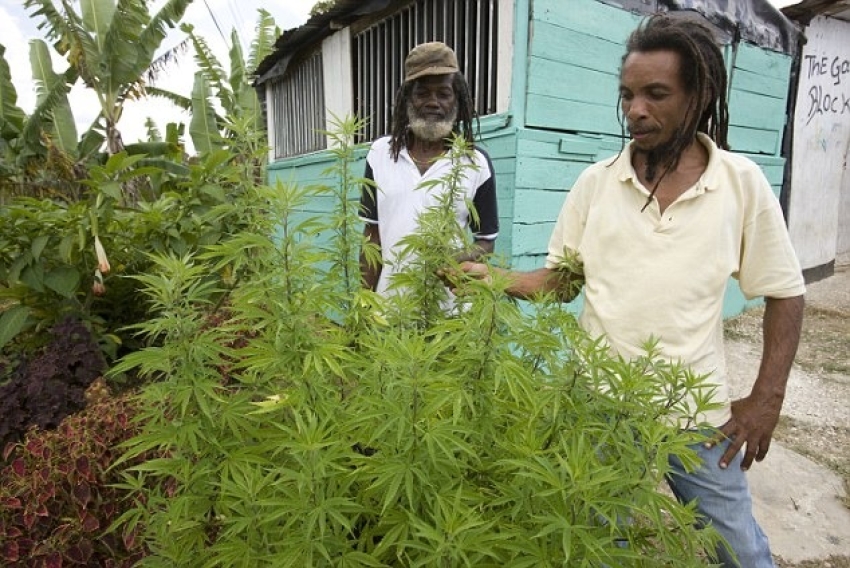5 countries from the OECS who have made strides in the cannabis industry will be present to discuss a way forward for the commercialisation of the herb.
Senior Legal Officer in the Ministry of Commerce, Dylan Norbert-Inglis, notes that the different countries invited maintain different attitudes towards the herb. He says the region needs a united front if it wishes to tap into the full benefits of the industry.
“So Antigua has taken a certain posture with it, so too has Saint Vincent. Jamaica's posture has been somewhat different, and it doesn't work from a regional standpoint as to how we're treating that,” he said.
He notes that the Caribbean has experienced difficulties with taking full advantage of the global industry. He adds that citizens have difficulty due to their personal financial circumstances.
“There's also been an issue with access to the market. Some of the jurisdictions have lamented that it has been challenging and they have not really gotten it down as to how they are going to allow certain persons who are less privileged than others to have access or to leapfrog others and get access to the market.”
Norbert-Inglis also observes that the Caribbean faces legal issues in the export of its cannabis to the United States. This, he notes, also affects the banking facilities.
“[The product is still is federally illegal in the US, though a number of states have legalized. And with that, you have issues with international banking and correspondent banking. We have a number of the banks in Saint Lucia that are regional banks. First National Bank is now a regional bank. ECFH operates regional banks. So you do not want to have a situation where we are taking certain decisions from a fiscal or banking perspective in Saint Lucia, because obviously that has repercussions for the other islands,” he explained.
He says the cooperation of Caribbean countries is needed to ensure they keep up with international development in the industry.
“We must understand that the cannabis industry internationally is an evolving industry, it is quite quickly evolving. So we want to ensure that we're not operating in silos trying to establish our industry and reinvent the wheel on our end, but that we continue to keep open discourse throughout the Caribbean and we engender that culture of discourse throughout the Caribbean. So we also have an opportunity to have discussions at an international regional level if there are issues that we face regionally.”


